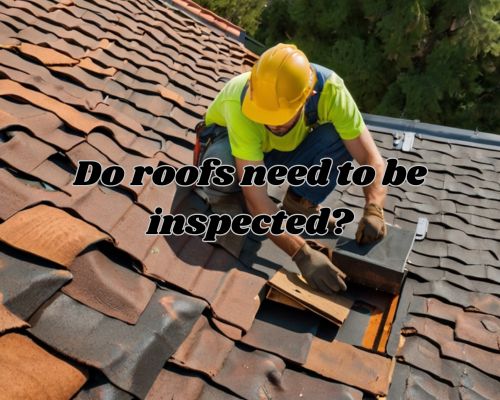In today’s world, car theft is an ever-present concern, and one of the most targeted parts of a vehicle is its wheels. Thieves can quickly remove standard wheel nuts, making your expensive alloys and tyres vulnerable.

This is where the locking wheel nut steps in, offering a simple yet highly effective solution to safeguard your wheels no matter which of the several types of locking wheel nut that are fitted on your vehicle. Let’s delve into the various advantages of this essential security feature.
Enhanced Security
The primary advantage of a locking wheel nut is the enhanced security it provides. Unlike standard wheel nuts, a locking wheel nut requires a unique key for removal, which significantly deters potential thieves. This added layer of security means that even if a thief manages to get past other security measures, they would still need the specific key to remove your wheels. This extra step is often enough to discourage theft, as it increases the time and effort required to steal your wheels.
Peace of Mind
Knowing that your vehicle is equipped with locking wheel nuts can provide immense peace of mind. Whether your car is parked in a public place, on the street, or even in your driveway, you can rest easy knowing that your wheels are much less likely to be stolen. This is particularly reassuring if you have invested in high-quality, expensive alloy wheels, which are often a prime target for thieves.
Easy Installation and Use
Locking wheel nuts are straightforward to install and use. They can be fitted in place of one of the standard wheel nuts on each wheel. When you need to remove a wheel, simply use the provided key. This key is typically small enough to keep in your car without taking up much space, ensuring it’s always available when needed.
Cost-Effective Security
Compared to other security measures, locking wheel nuts are relatively inexpensive. Considering the high cost of replacing stolen wheels and tyres, investing in locking wheel nuts is a cost-effective way to protect your vehicle. They offer a high return on investment by potentially saving you from the significant expense and inconvenience of wheel theft.
Compatibility
Locking wheel nuts are designed to be compatible with most types of wheels and vehicles. Whether you drive a compact car, an SUV, or a luxury sedan, you can find locking wheel nuts that fit your wheels perfectly. This versatility makes them a practical choice for virtually any vehicle owner.
Professional Installation and Assistance
For those who are not confident in fitting locking wheel nuts themselves, professional mobile tyre fitting services are available. These experts can ensure that your locking wheel nuts are installed correctly and provide additional advice on wheel and tyre security. Moreover, mobile fitters can come to your location, offering convenience and peace of mind without the need to visit a garage.
Added Value
Equipping your vehicle with locking wheel nuts can also add value to your car. When it comes time to sell or trade in your vehicle, having such security measures in place can be an attractive feature for potential buyers. It indicates that you have taken steps to protect the vehicle, which can positively influence its resale value.


